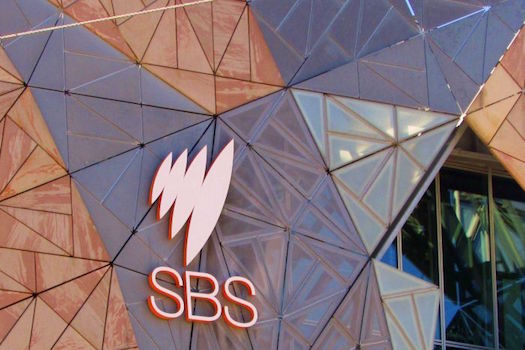SBS Radio today announced changes to its services to reflect Australia’s rapidly increasingly diverse society.
The revised services will include seven new languages, including six ‘high needs’ languages and one ‘large’ language supporting new communities who need news and information in their language as they navigate life in Australia. The new languages are: Telugu, Karen, Tibetan, Hakha Chin, Rohingya,Mongolian and Kirundi (Rundi). All content in the new languages will be available digitally via on demand audio podcasts accessible via the SBS website and SBS Radio app to meet the needs of those audiences.
The changes follow a four-week consultation process (14 November – 11 December 2016) which gave people and
organisations the opportunity to provide feedback on the Selection Criteria that was being proposed, SBS Radio received more than 600 submissions; representing 85 languages. The submissions received were taken into consideration in finalising the Selection Criteria, which in conjunction with the 2016 Census data, has determined the revised language services to be provided by SBS Radio. The last review of SBS Radio was conducted during 2012-2013, after the 2011 Census.
Twelve current languages will be discontinued with SBS saying they do not meet its selection criteria. These languages are Kannada, Tongan, Norwegian, Cook Island Maori, Fijian, Swedish and the African program (in English) and the following languages that have been in recess for the last 12 to 18 months including Lithuanian, Malay, Latvian, Danish and Maori. These are among the 21 languages broadcast on the 24 hour digital radio station SBS Radio 3.
The remaining nine languages currently on SBS Radio 3 will be retained and include Estonian, Finnish, Ukrainian, Slovenian, Czech, Bulgarian, Slovak, Romanian and Armenian. They will be made available on analogue radio services. SBS Chill, the 24 hour music radio station, will be simulcast on SBS Radio 3 temporarily after the changes are implemented.
SBS has told radioinfo: “SBS will avoid redundancy wherever possible and will make genuine efforts to find alternatives, including exploring opportunities for redeployment and retraining. Many new opportunities will be created with the addition of the seven new languages and through our increased digital offering.”
SBS has also signalled a greater focus on streamlining its language programs via digital platforms.
Mandi Wicks, SBS Director of Audio Language and Content, said: “SBS Radio is the most linguistically diverse public broadcaster in the world and our services have never been more vital providing Australian-focused news and information in languages other than English. The implementation of the new SBS Radio services will ensure SBS Radio is relevant by reflecting the changing demographics of today’s Australia. While live, linear radio is important to many communities, audiences are increasingly consuming our content via digital platforms, listening to programs on demand and downloading podcasts. Through the review we will re-align our services to ensure they are tailored to the different communities’ needs, delivering more audio and online content when and where audiences are consuming it via mobile devices and tablets.”
The Turkish and Croatian languages will each reduce one program (from five to four hours per week); while German will reduce two programs (from seven to five hours per week). Taking into account the demographic profile of each community, Hungarian, Bosnian and Albanian will also reduce to one program per week.
Following the changes, SBS Radio will offer services in 68 languages and the new SBS Radio services will be implemented on air effective Monday 20 November 2017.

